A burgeoning crisis in taxi licensing is putting young people at risk across the UK, as it's revealed that more than one in ten taxi drivers nationwide are securing their licenses from the City of Wolverhampton Council. This alarming statistic, highlighted by figures from the Greater Manchester Combined Authority, points to a concerning trend where drivers are bypassing stringent safeguarding checks by exploiting perceived "lenient" licensing requirements in Wolverhampton.
Social media is abuzz with anecdotal evidence of drivers actively seeking out vehicles, including traditional black cabs, already registered in Wolverhampton, precisely because its licensing process is seen as significantly easier than in other regions. This practice raises serious concerns that some taxi drivers might be sidestepping robust safeguarding measures, particularly in areas previously scarred by child sexual exploitation scandals.
A Growing National Concern
The issue isn't new. The Times newspaper first exposed this loophole in 2018, reporting that Wolverhampton had become the preferred authority for minicab drivers across England seeking to obtain a license. However, the scale of the problem has only worsened since then, with Wolverhampton now accounting for over 10% of all taxi licenses issued in England.
Baroness Casey of Blackstock recently underscored the gravity of these loopholes, warning that they allow private-hire drivers to operate anywhere across the UK, posing a significant safeguarding risk to young people. Following her recommendations, ministers have pledged to act "at pace" to address this practice, accepting all 12 of her proposals. Yet, campaigners are pushing for more, urging the government to implement stricter, standardized licensing checks nationwide.
Disparate Standards and Exploited Loopholes
While all drivers are subject to checks, including a mandatory DBS background check regardless of where they are licensed, the standards demanded by local councils vary dramatically. Baroness Casey emphasized this week that while the majority of taxi drivers are law-abiding, "as a key part of the night-time economy, taxis have historically been identified as a way children can be at risk of sexual exploitation."
She further explained that local authorities issue taxi licenses to combat child sexual exploitation, but their efforts are "being hindered by a lack of stringency in other local authorities and legal loopholes which mean drivers can apply for a licence anywhere in the country." This creates a fragmented system where the weakest link can undermine the safety efforts of more diligent councils.
Wolverhampton Council Defends Its Process
In response to the growing scrutiny, a spokesperson for the City of Wolverhampton Council stated that safeguarding is its "number one priority in taxi licensing." They highlighted that Wolverhampton is "the only local authority which checks drivers on the Update Service DBS status every day," suggesting a proactive approach to monitoring.
The council further clarified that it is legally prohibited from refusing applicants a taxi license based on their place of residence. Under current law, applicants can apply to any licensing authority, and these authorities are also barred from imposing limits on the number of private hire licenses they issue. The spokesperson emphasized that the council does not profit financially from taxi licensing, as all fees are legally ringfenced for related activities only.
"Our early adoption of digital technology has allowed us to offer a simple and efficient online application procedure," the spokesperson added, "with the requirement that drivers attend in person for training and strict assessment before an application can be processed."
The Department for Transport has been contacted for comment regarding these national concerns.
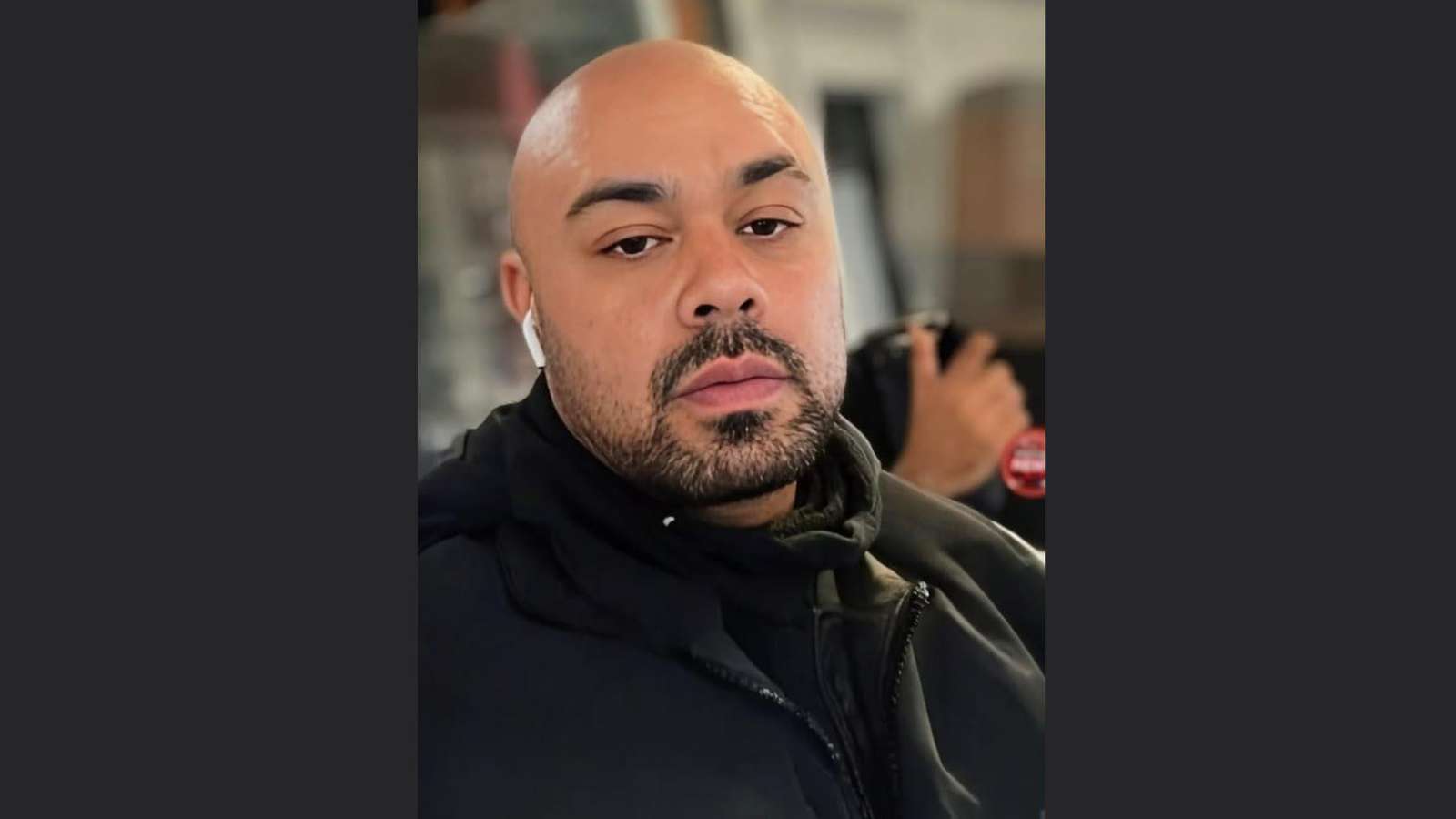
_3.jpg)
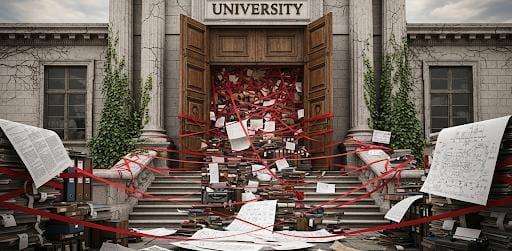
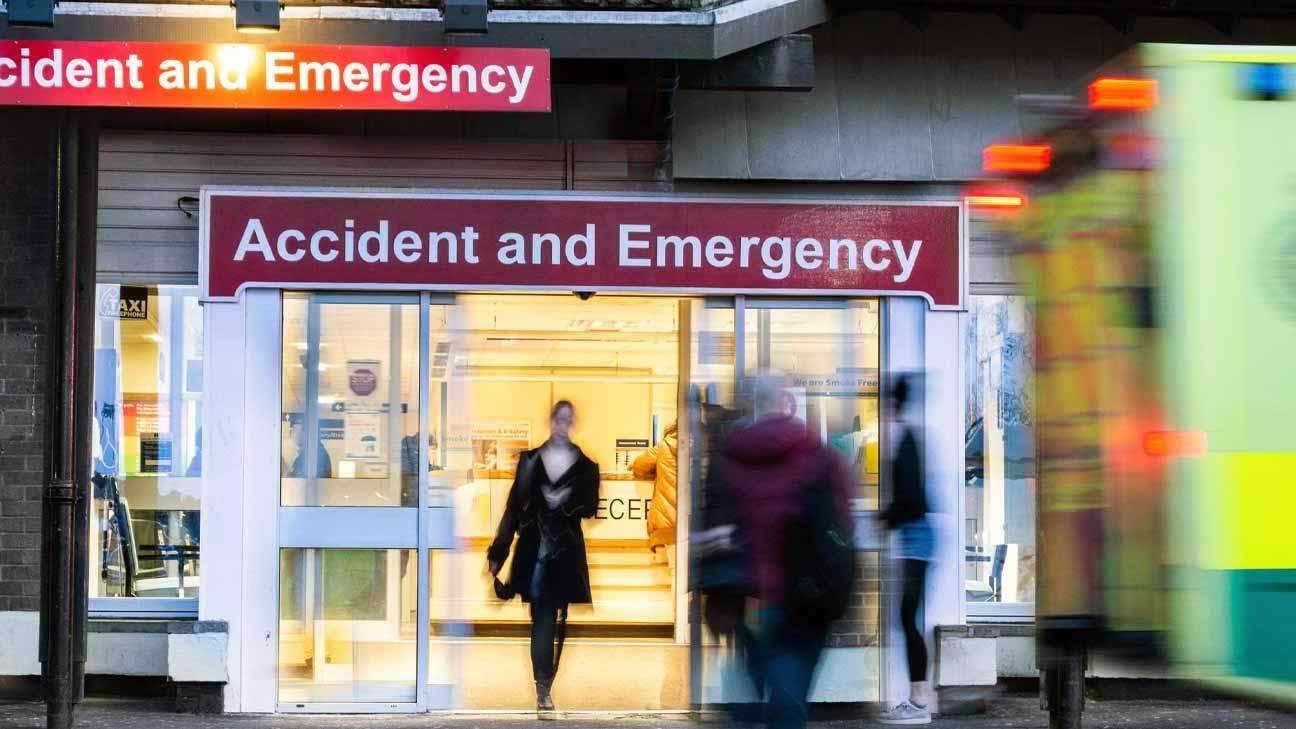



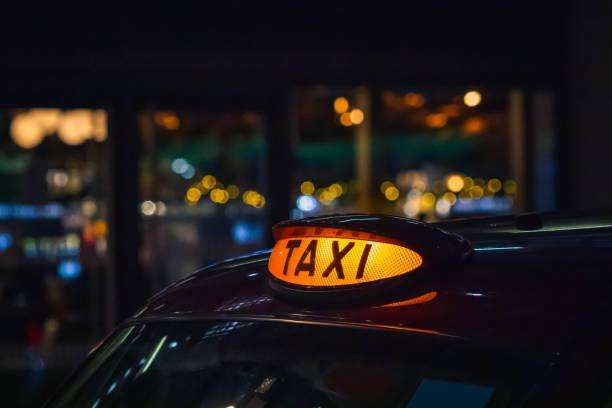
.svg)

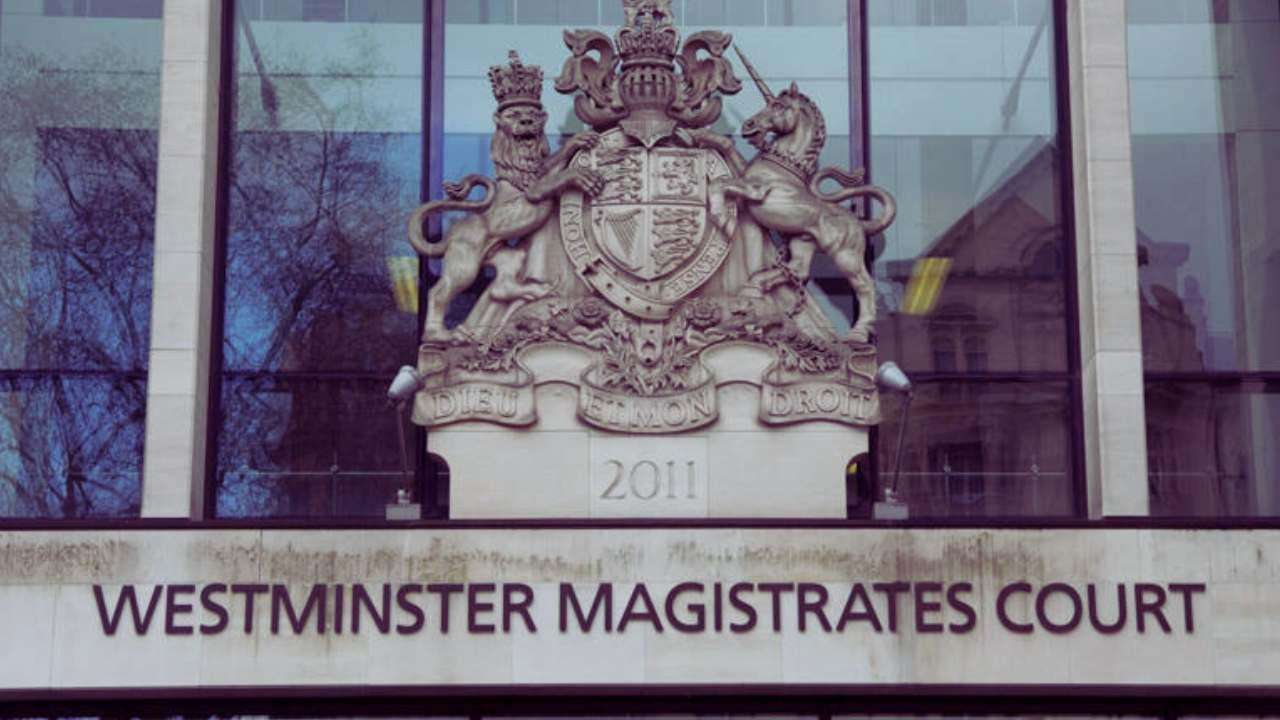

_1.jpg)
_1.jpg)